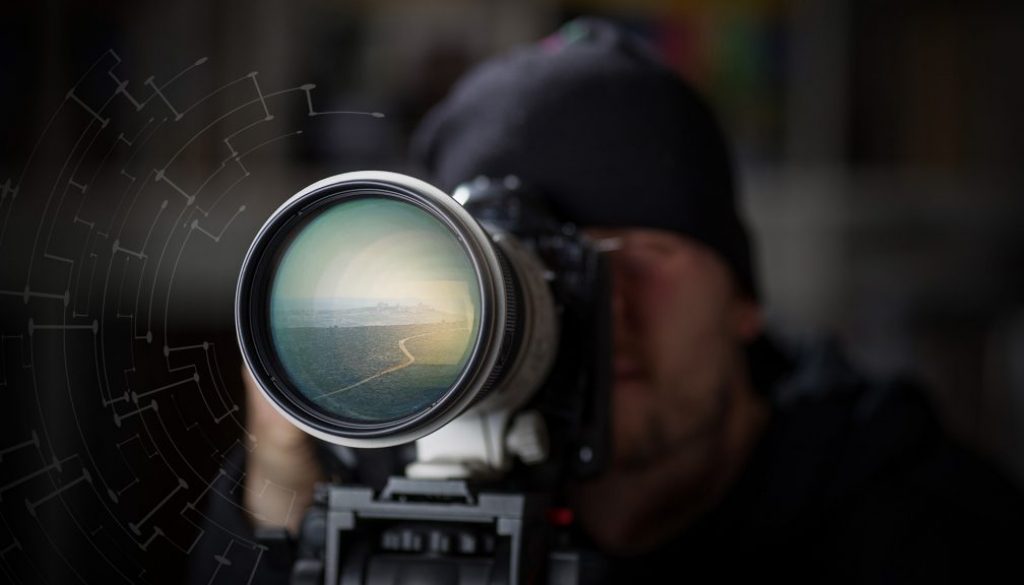Israel: Security services cannot collect Covid patients’ mobile data without law
On March 14, Israel’s Prime Minister Benjamin Netanyahu announced plans to launch emergency regulations to enable the country’s internal security service, Shin Bet, to retrospectively track Covid-19 patients through their mobile phones in order to see who they interacted with in the days and weeks before they were tested and for those people to be notified to go into quarantine.
In parallel to this move, the government also announced that anyone found to have breached isolation or quarantine orders could face prison sentences of up to six months.
The Association for Civil Rights in Israel (ACRI) immediately issued a press release highlighting serious concerns about this move and demanded that the Israeli government act in a transparent manner and publish all of the relevant information about this plan.
ACRI followed this up by asking the government to outline exactly the authority under which it planned to carry out this kind of surveillance.
Petition
On March 18, ACRI submitted a petition to the High Court of Justice outlining its opposition to the emergency regulations and its opposition to the government’s proposed move to bypass the legislative branch of the Israeli government, the Knesset, and giving Shin Bet the power to track people in Israel through their smartphones.
A similar petition was filed by Adalah (The Legal Center for Arab Minority Rights in Israel).
In its ruling, the High Court said if Shin Bet’s involvement was to continue beyond April 30, “there is a need to codify its authority to do this [tracking] as part of appropriate primary legislation, such as a temporary order.
“This is in light of the fact that the method chosen by the government as part of its authorization decision is a means that deals a serious blow to the constitutional right to privacy, and this shouldn’t be taken lightly.”
On July 1, a law was put in place to allow this surveillance take place. ACRI plans to repeal this law.
Pic: Shabak
(Labelled for non-commercial re-use)

